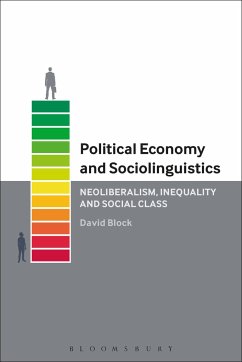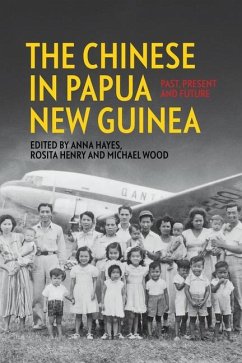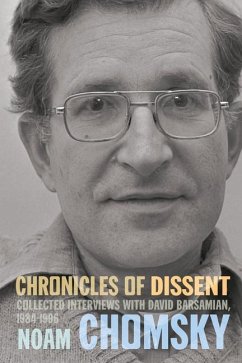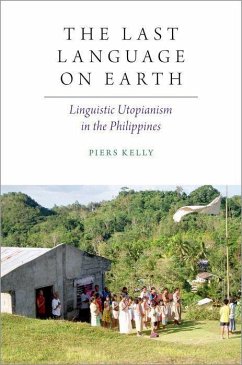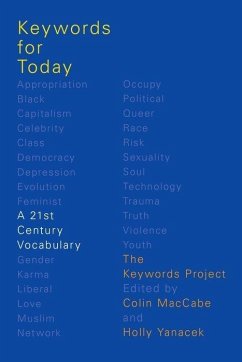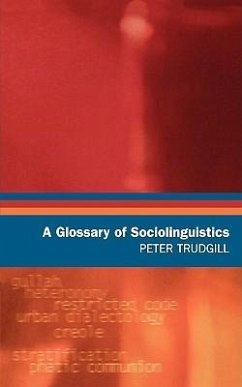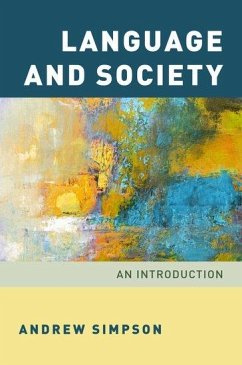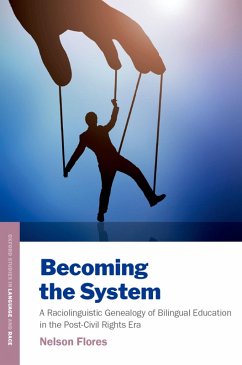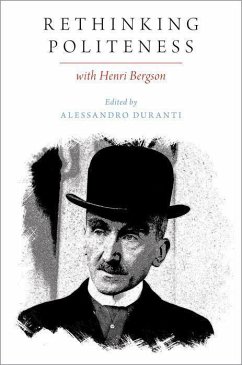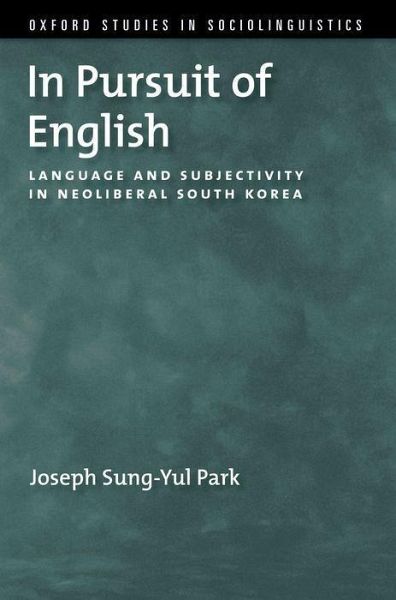
In Pursuit of English
Language and Subjectivity in Neoliberal South Korea
Versandkostenfrei!
Versandfertig in über 4 Wochen
48,99 €
inkl. MwSt.
Weitere Ausgaben:

PAYBACK Punkte
24 °P sammeln!
Tracing how anxieties, insecurities, and moral desire about English instilled through South Korea's neoliberal transformation led to the country's heated pursuit of English in the 1990s and 2000s, this book presents subjectivity as a theoretical and analytical perspective for studying the intersection of language and political economy.




